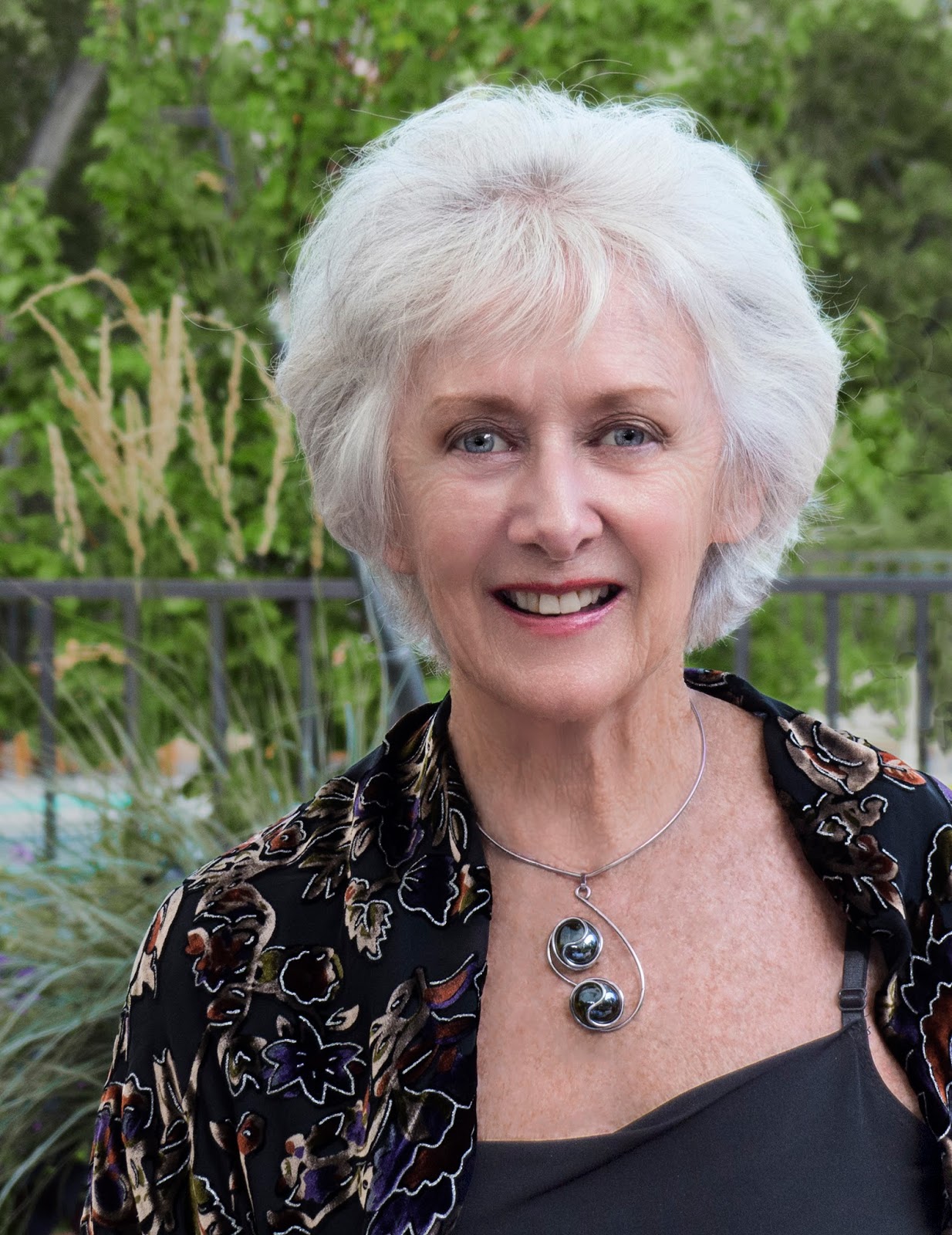 |
| Trio Ondine: l-r Boglárka Kiss, Alison Bjorkedal, and Alma Lisa Fernandez |
REVIEW
Second Sundays at Two, Rolling Hills United Methodist Church
DAVID J BROWN
In the March “Second Sundays at Two” program, works by André Jolivet and Claude Debussy framed a piece by West Coast composer Dave Volpe in the début recital of Trio Ondine. Alma Lisa Fernandez (viola) joined the former Duo Ondine – Boglárka Kiss (flute) and Alison Bjorkedal (harp) – for the first time, but their seemingly effortless unanimity of ensemble in all three works was as if they had been playing together for years.
Jolivet’s Petite suite for flute, viola and harp was the opener. Both it and Debussy’s Sonata for flute, viola and harp L. 137, which concluded the recital, were wartime creations – the Debussy from 1915, as battles raged on French soil, and the Jolivet from 1941, when the Nazis were in occupation. Though the precise wellsprings of any creative enterprise remain essentially hidden, one wonders whether the cool, remote textures intrinsic with this line-up of instruments in some way embodied a refuge or escape from those contemporary turmoils.
The Jolivet in particular was a delight far from any sense of conflict, its airy informality masking a precisely balanced assembly of five brief and vividly contrasted movements. The basically monothematic Prélude for all three instruments mostly in unison was followed by a moderately paced showcase for their vivid individual colors, Modère sans traîner. The middle Vivement highlighted the playful flute, and then the pace slowed again (Allant) for a spacious stepwise duet for the viola and flute against harp arpeggios. The finale (without title) was liveliest of all, with skirling flourishes from all three introducing an irresistibly merry, folk-like jig on the flute that sped up to a conclusion like three birds soaring into the distance.
Second Sundays at Two, Rolling Hills United Methodist Church, 2pm, Sunday, March 12, 2017.
Photo: Trio Ondine
In the absence of the composer, Ms Bjorkedal introduced Dave Volpe’s Gwinna, inspired by the children’s book by Barbara Berger. Its romantic fairy-tale atmosphere was very much from the same shelf as Ravel’s Mother Goose, with the aural palette of the three instruments, including flutter-tonguing on the flute and high harmonics on the viola, further extended by wordless vocalization, rainstick, small chimes and crotales.
Nonetheless, the Jolivet’s concision made Gwinna seem a little long for its material, while the Debussy Sonata that followed was a salutary reminder, if needed, of how much subsequent music down the 20th century and into the 21st owed, and continues to owe, to his visionary genius. The first major work written for this combination of instruments, it and the group to which it belongs of late Debussy works for “diverses ensembles” were as innovatory in their way as the more spectacular mold-breakers by Schoenberg and Stravinsky. Trio Ondine did it proud: I wonder if they know the Debussy Sonata’s closest contemporary for the same instrumental combination, the Englishman Arnold Bax’s Elegiac Trio?
After warm applause from the large audience, and host Jim Eninger’s customary genial welcome, Pizzolla’s evergreen Libertango made as snappy an encore as you could desire, with Ms Fernandez’s viola articulating its melody with minimal vibrato and maximum passion.
---ooo---
Second Sundays at Two, Rolling Hills United Methodist Church, 2pm, Sunday, March 12, 2017.
Photo: Trio Ondine
If
you found this review enjoyable, interesting, or informative, please feel free
to Buy Me A Coffee!













No comments:
Post a Comment